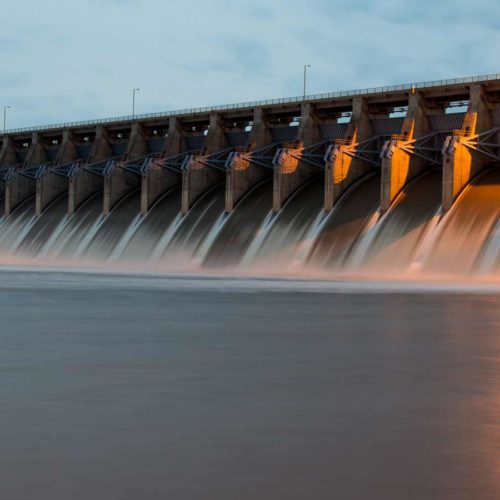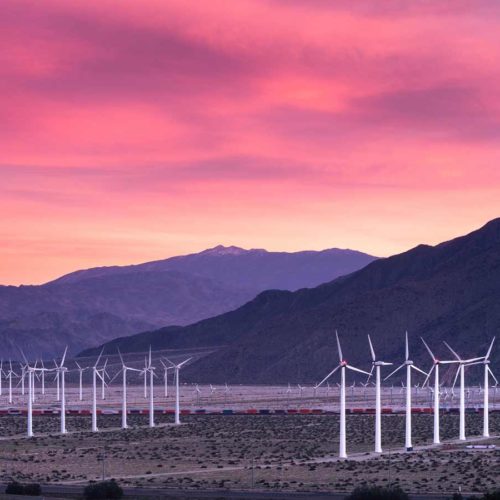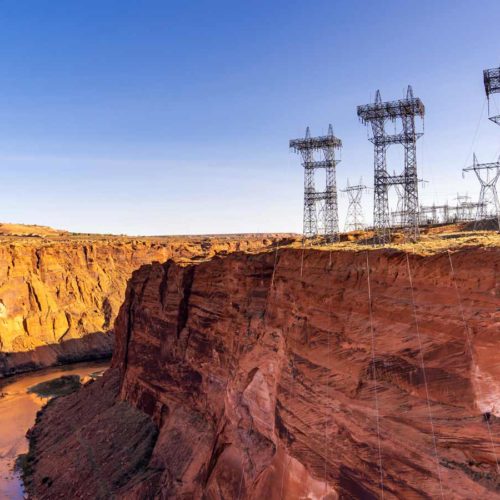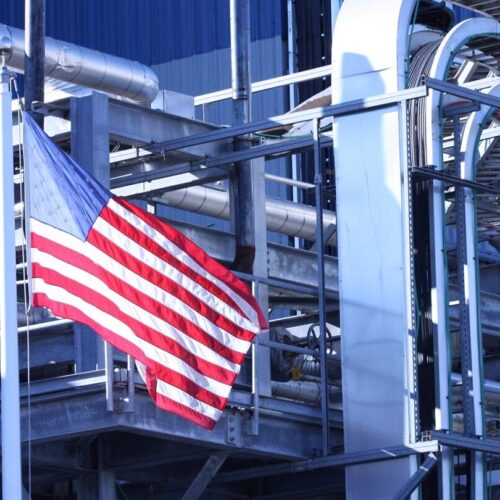The Energy Policy Simulator (EPS) is an open-source model for estimating the environmental, economic, and human health impacts of hundreds of climate and energy policies.

US State Policy Analysis and Modeling
Jump to RMI’s policy analysis and modeling for: US Federal | US States | US Cities | Back to overview.

What It Is
RMI supports state-level policymakers, advocates, and researchers by developing credible, rigorous, and accessible analysis to help drive informed clean energy deployment. We also support US states in building a sustainable, equitable, and affordable future for their residents while reducing emissions.

Why It Matters
US clean energy deployment must encompass all levels of government and civil society in order to drive economic development, job creation, national security, emissions reductions, and health benefits. States are critical to accelerating deployment, including:
- Pushing the boundaries of clean energy by testing new policies, programs, and technologies that can lead to models and best practices for broader application
- Contextualizing ambitious climate action to the unique economic, environmental, and political realities of each state
- Accelerating rollout and implementation of ambitious clean energy plans, policies, and programs.

What We Are Doing
We engage a diverse and inclusive network of stakeholders in each state to co-create solutions that advance economy-wide deep decarbonization and support use of RMI tools and resources, including:
- Creating the Energy Policy Simulator in partnership with Energy Innovation, a web-based policy planning tool that allows users to design policy scenarios and model economic, emissions, and health outcomes
- Curating resources for state actors in a State Resource Hub and a Reliability and Affordability Hub
- Developing resources like the State Online Clean Energy Incentive Toolkit and the Decarbonizing Industry Resources Tool to help states and their constituents take advantage of incentives

Who's Involved
The State Policy Analysis and Modeling initiative is supported by Bloomberg Philanthropies and Rockefeller Brothers Fund. We work with a diverse network of policymakers and advocates at the state-level to support their analytical needs.
Insights
If sustained, federal clean energy incentives can continue expanding the US industrial sector and bring nearly $235 billion of federal investment to US states.
Colorado’s progress shows how smart methane policy spreads — and why other states should pay attention.
Minnesota, Colorado, and other states are unlocking time and cost savings from innovative transportation planning.




